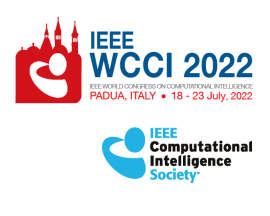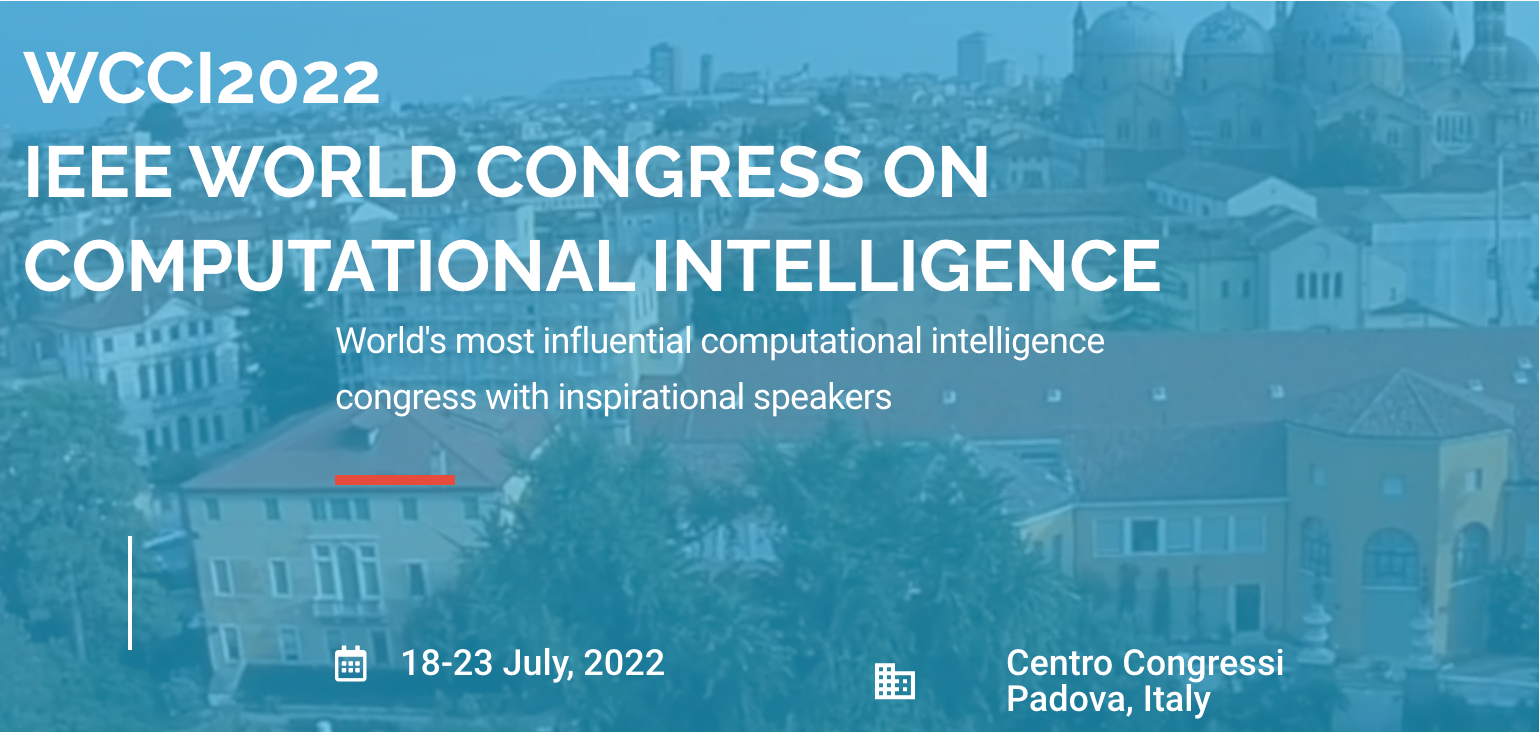

Special Session on Quantum Computational Intelligence
Aims and Scope
Quantum computing is a fascinating research area that merges different disciplines such as computer science, physics, and engineering. Thanks to concepts of superposition and entanglement, quantum computing shows an intrinsic parallelism that represents the crucial key to enable quantum devices to perform more efficiently than their classical counterparts.
Quantum computers will be able to yield performance never seen before in several application domains, and the area of artificial intelligence may be the one most affected by this revolution. Indeed, the intrinsic parallelism provided by quantum computers could support the design of efficient algorithms for artificial intelligence such as, for example, the training algorithms of machine learning models, and bio-inspired optimization algorithms. Moreover, on other point of view, artificial intelligence techniques could be useful to quantum computing to address some problems such as, for example, the not so high reliability of quantum outcomes due to the negative effect of quantum decoherence.
The special session will focus on the current research trends in the integration between quantum computing and computational intelligence techniques.
Topics of interest
The topics of particular interest to the session include but are not limited to:- Quantum algorithms for fuzzy reasoning
- Quantum evolutionary computation
- Quantum machine learning
- Approximate reasoning for quantum error correction and mitigation
- Evolutionary computation in designing variational quantum circuits
- achine learning for quantum circuits compilers
- Quantum-inspired computational intelligence approaches
Important Dates
- Paper Submission: January 31, 2022
- Notification of Acceptance: April 26, 2022
- Camera Ready Paper: May 23, 2022
- Conference Dates: July 18-23, 2022
Submission
Papers submitted for special sessions are to be peer-reviewed with the same criteria used for the rest of contributed papers. As a result, all accepted papers will be included in the proceedings of FUZZ-IEEE 2022.
To submit your paper please see WCCI 2022 submission page
Organizers and Contact
Prof. Giovanni Acampora, University of Naples Federico II, giovanni.acampora@unina.it
Dr. Autilia Vitiello, University of Naples Federico II, autilia.vitiello@unina.it
Conventionality in research belongs to yesterday!
The QUASAR Lab is part of the Department of Physics "Ettore Pancini" of University of Naples Federico II,
where it is committed to perform research activities in theory and applications of
Computational Intelligence, Quantum Machine Intelligence and Cognitive Robotics.
